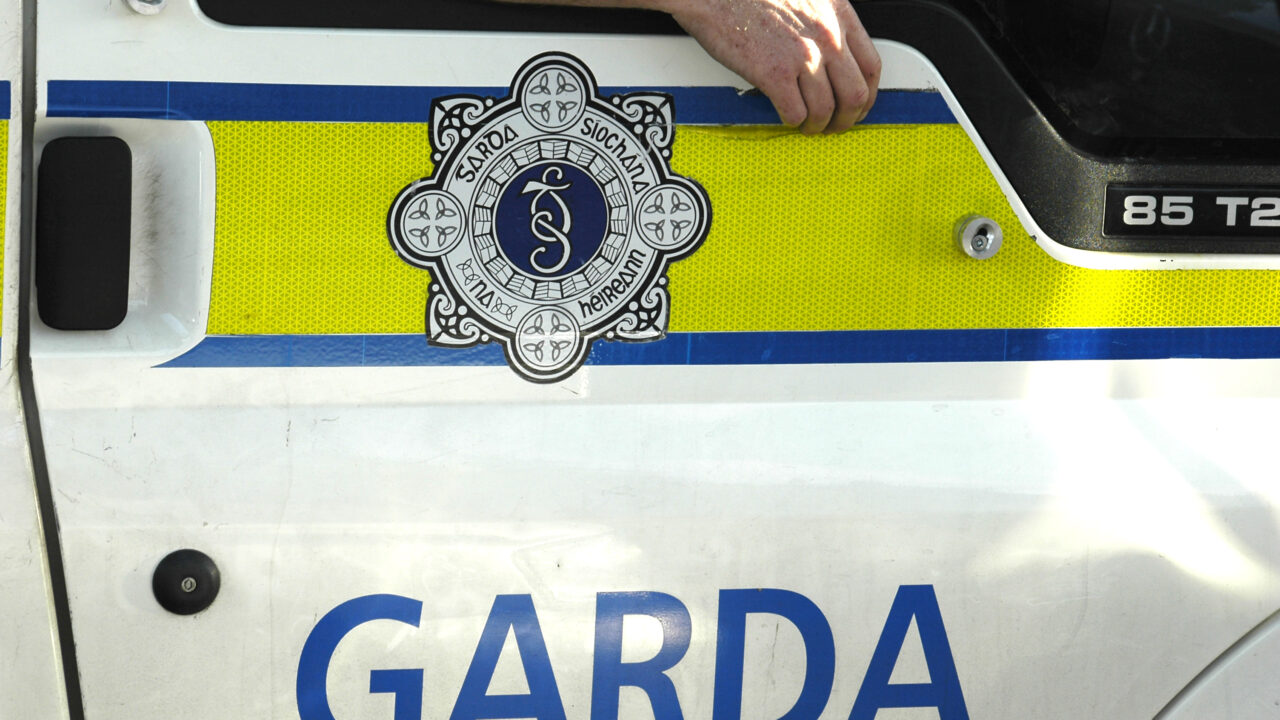The Gardaí invoked the legislation on Covid-19 restrictions 76 times between April 8 – when the legislation was introduced – and last Saturday, April 25.
In a statement, the Gardaí reiterated that the Covid-19 legislation – which deals with the movement of people, non-essential travel, self-isolation and other issues – is invoked only as a “last resort”, after engaging with the public and encouraging them to comply with the restrictions.
There has been a high level of compliance with the restrictions and public health guidelines, the Gardaí noted. Officers have interacted with “hundred of thousands” of people, with the vast majority sticking to the guidelines.
Some of these 76 cases involved an arrest being made, and some have been or are currently before the courts.
“There remains a high level of compliance with the public health guidelines. I know this has been difficult for people, but it is critical this high level of compliance continues. This is an important week for the country in challenging Covid-19,” said Garda Commissioner Drew Harris.
“Unfortunately, there are people who did not adhere to the guidelines and members of An Garda Síochána had no option but to use the regulations or other legislation. It should be stressed, though, that this is a tiny proportion of the people we have engaged with over this time,” he added.
At the outset of the Covid-19 situation, I said that An Garda Síochána will continue to operate as a community-based policing service with a focus on protecting the vulnerable. This approach will not change.
Disturbingly, from April 8 to April 25, there have been 31 incidents of people spitting at or coughing in the direction of members of the Gardaí, with officers using anti-spit guards 15 times in the period.
These anti-spit guards – which are also used by police forces internationally – are used in circumstances where “there is clear evidence of spitting now or where a member believes there is clear and tangible threat of spitting posed by the subject”.
“These spitting and coughing attacks on our personnel are reprehensible, and show the challenges members of An Garda Síochána are facing in keeping people safe in unique circumstances. It is vital that we protect their health and safety,” the commissioner argued.
This includes having the option of using anti-spit guards in very limited circumstances. We have made it clear these anti-spit guards are only to be used as a last resort and in line with the Garda decision-making model, which includes at its centre our Code of Ethics and human rights.
In suing the anti-spit guards, Gardaí are told to consider all available options and take into account individual circumstances of the case. The guards will continue to be applied for the duration of the current public health situation.
Only Gardaí trained to use the anti-spit guards are entitled to use them. The policy of using these anti-spit guards will be reviewed in September of this year.
